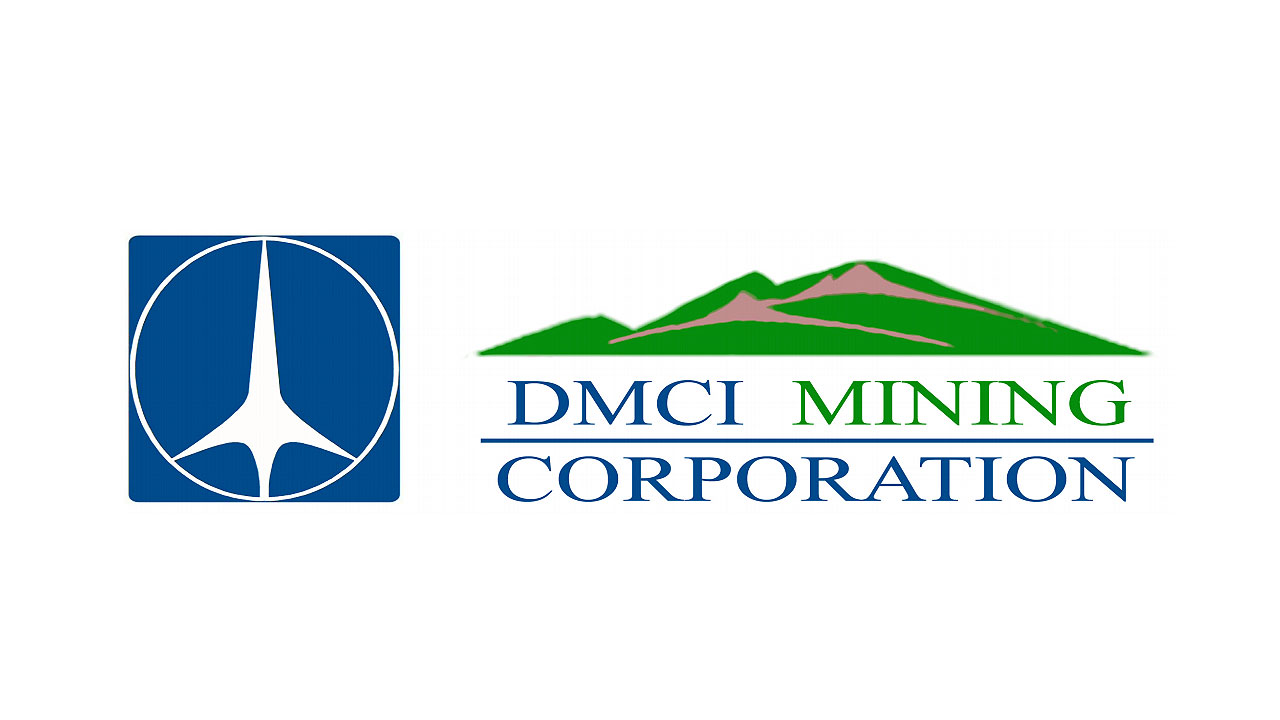
Mining fiscal regime brings certainty to industry — DMCI

THE enhanced fiscal regime for large-scale metallic mining is expected to help generate long-term value for investors by keeping taxation stable and predictable, DMCI Mining Corp. said.
“We see the new fiscal framework as an opportunity to strengthen the mining sector’s role in generating long-term value for investors, communities, and the economy,” the company said via Viber on Tuesday.
“Furthermore, we welcome the fiscal stability it will bring to our operations,” it added.
The law, signed earlier this month, imposes royalties and profit-based levies on mining companies, boosting government revenue and sharing more of the gains with host communities.
It also introduces a windfall tax on companies whose profit margins exceed 30% and treats each mining contractor as a separate taxable entity.
Despite the increased taxes, Rizal Commercial Banking Corp. Chief Economist Michael L. Ricafort said that the law is a step in the “right direction.”
“It is more acceptable based on global standards or best practices. And it is more predictable for companies and more fair for the government,” he said via Viber.
Philippine metal production amounted to P135.62 billion in the first six months, up 15.1%, according to preliminary data issued by the Mines and Geosciences Bureau.
Meanwhile, DMCI Mining said it hopes to begin operations at the Long Point nickel mine in Palawan within the year, through Berong Nickel Corp., subject to the release of permits.
Once Long Point starts operations, DMCI Mining’s full annual operating capacity will increase to 3 million wet metric tons.
“Actual production in 2025 will depend on the timing of Long Point’s startup. With Long Point, DMCI Mining will eventually be operating three mines,” the company said.
“We are also evaluating other properties, such as the Dangla mine, for future development,” it added, referring to another nickel site in Palawan. — Justine Irish D. Tabile



